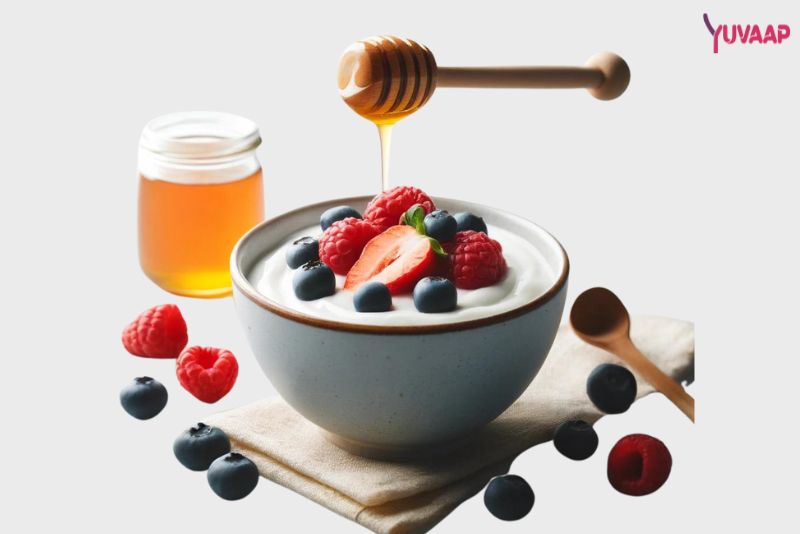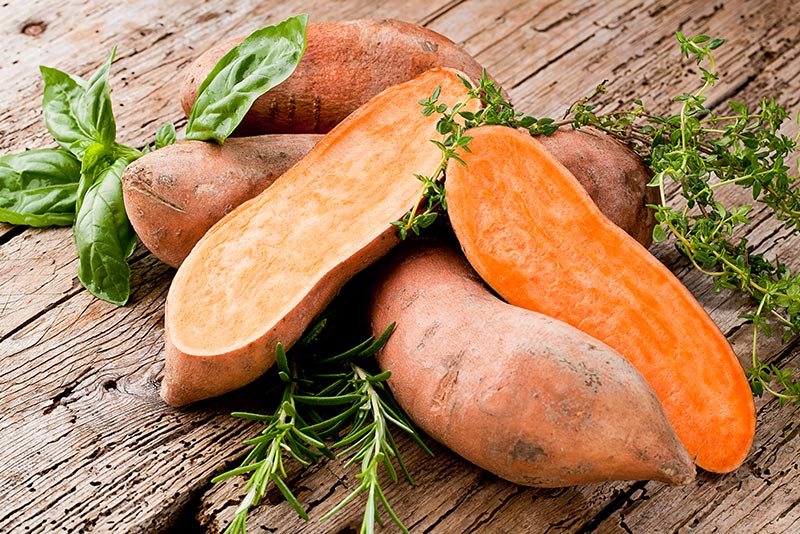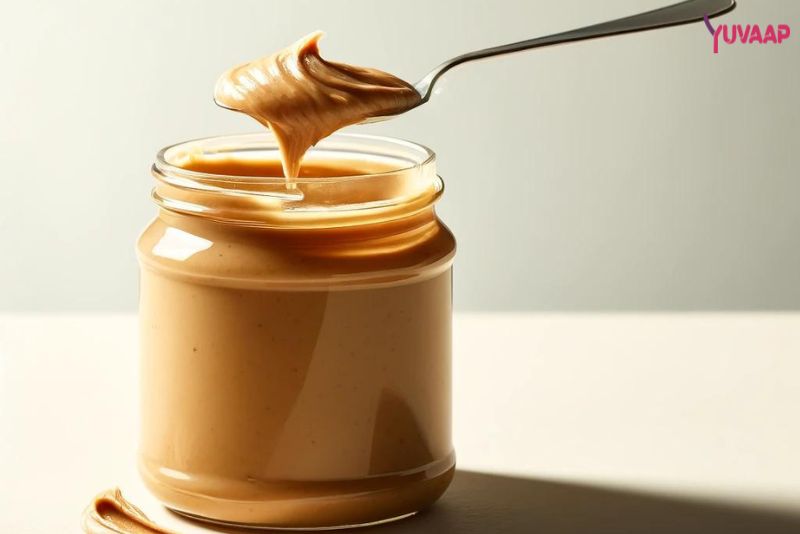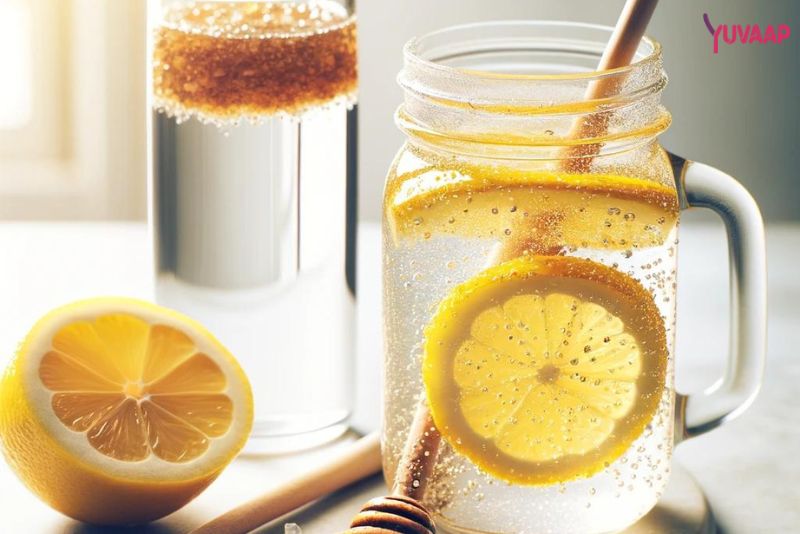Running is an excellent way to stay fit, but it raises several questions about post-run nutrition: what to eat after a run, should I eat after running, and what are the best things to eat after a run that fit within my dietary restrictions, busy schedule, taste preferences, and budget. Whether you’re lactose intolerant, gluten-sensitive, vegan, or simply short on time, finding the right foods to recharge can be a challenge. In this blog, we’ll address these common concerns and provide quick, easy, and affordable food options that cater to all dietary needs and ensure you recover well and maintain your overall health. Stay tuned to discover the top 11 foods that will help you refuel and feel your best after every run.
Criteria for the Best Post-Run Foods
After finishing a run, it’s important to know what to eat after a run to help your body recover and refuel. The right foods can help you regain energy, repair muscles, and keep your overall health in good shape. But what makes a food good for post-run recovery? Let’s break it down in a way that’s easy to understand.
Nutrients You Need
When you run, your body uses up a lot of energy and your muscles work hard. To help your body bounce back, you need a mix of different nutrients:
- Carbohydrates: These are your body’s main source of energy. When you run, you burn a lot of carbs, so it’s important to refill your energy stores. Think of carbs as the gas in your car. Without enough gas, you can’t go far. Foods like oatmeal, bananas, and sweet potatoes are great sources of carbs.
- Proteins: Protein is crucial for repairing and building muscles. After a run, your muscles might have tiny tears that need fixing. Protein helps with this repair work. Foods like Greek yogurt, quinoa, and tofu provide high-quality protein.
- Fats: Healthy fats give you long-lasting energy and support overall health. They also help your body absorb vitamins. Avocados and nut butters are excellent sources of healthy fats.
- Vitamins and Minerals: These are like the small tools that help everything in your body work smoothly. For example, potassium (found in bananas) helps prevent muscle cramps, and vitamin C (found in berries) helps repair tissues.
- Hydration: After sweating a lot, you need to replace lost fluids. Drinking water or an electrolyte drink can help you stay hydrated and feel better faster.
Why These Nutrients Matter
Each of these nutrients plays a role in helping you feel better after a run. Together, they help your body recover, so you can stay strong and healthy. For example, eating a banana after a run gives you quick energy and potassium to prevent cramps. Having some Greek yogurt provides protein to repair muscles and probiotics for gut health.
Top 11 Foods to Recharge After Your Morning Run
Choosing the right foods after your morning run can make a big difference in how you feel for the rest of the day. These foods will help you regain energy, repair your muscles, and keep your overall health in check. Here are six top foods to eat after a run that are quick, practical, and packed with the nutrients you need.
1. Banana

Bananas are a fantastic choice for post-run recovery. They are rich in carbohydrates, which replenish your energy stores quickly. Additionally, bananas are high in potassium, an essential mineral that helps prevent muscle cramps. Bananas are affordable, easy to find, and require no preparation, making them perfect for busy mornings.
- Benefits: Potassium, quick energy boost, easy digestion.
- How to consume: You can eat a banana on its own, slice it into your oatmeal, or Blend it into a smoothie with some nut butter for added protein and healthy fats. Explore our Healthy Smoothie Recipe playlist for more ideas.
2. Greek Yogurt

Greek yogurt is an excellent source of protein, which is crucial for muscle repair and growth. It also contains probiotics, which promote gut health, and calcium, which supports bone health. For those who are lactose intolerant, lactose-free Greek yogurt is a great alternative. It’s also quick to prepare, making it convenient for those with busy schedules.
- Benefits: High protein, probiotics for gut health.
- How to consume: Enjoy Greek yogurt with fresh fruits like berries or a drizzle of honey. You can also add it to smoothies or use it as a base for a nutritious parfait with granola.
3. Oatmeal

Oatmeal is a great source of complex carbohydrates and fiber, providing sustained energy to keep you going throughout the day. It also contains important vitamins and minerals that support overall health. Oatmeal can be made gluten-free if you choose oats that are certified gluten-free. It’s also very affordable and versatile.
- Benefits: Complex carbs, fiber, sustained energy.
- How to consume: Cook oatmeal with milk or a milk alternative, and top it with nuts, seeds, and fruits like bananas or berries. Overnight oats are another quick option – simply soak oats in milk overnight and they’re ready to eat in the morning.
4. Avocado

Avocados are packed with healthy fats, which provide long-lasting energy. They are also rich in vitamins E and C, which help reduce inflammation and support skin health. Avocados are versatile and can be used in many dishes. While they can be a bit pricier, the health benefits they offer make them a worthwhile addition to your diet.
- Benefits: Healthy fats, vitamins E and C.
- How to consume: Spread avocado on whole-grain toast, add it to salads, or blend it into smoothies for a creamy texture. You can also make a quick guacamole to enjoy with whole-grain crackers.
5. Berries

Berries like strawberries, blueberries, and raspberries are rich in antioxidants, which help fight inflammation and oxidative stress caused by exercise. They are also high in vitamins and fiber. Berries can be expensive out of season, but frozen berries are a cost-effective and equally nutritious alternative. They add flavor and color to a variety of dishes.
- Benefits: Antioxidants, vitamins, and fiber.
- How to consume: Eat berries fresh, add them to yogurt or oatmeal, or blend them into smoothies. They make a sweet and nutritious snack on their own as well.
6. Sweet Potatoes

Sweet potatoes are an excellent source of complex carbohydrates, fiber, and vitamin A. They provide sustained energy and are also rich in antioxidants. Sweet potatoes are affordable and versatile. They can be prepared in advance and stored in the fridge, making them a convenient option for quick meals.
- Benefits: Complex carbs, vitamin A, fiber.
- How to consume: Bake or roast sweet potatoes and enjoy them as a side dish or add them to salads. You can also mash them and use them as a base for a nourishing bowl with greens and beans.
7. Nut Butter

Nut butters, such as almond, peanut, or cashew butter, are rich in healthy fats and protein, making them an excellent choice for post-run recovery. They also contain vitamins and minerals that support overall health. For those with nut allergies, seed butters like sunflower or pumpkin seed butter are great alternatives. Nut and seed butters are convenient and versatile, making them easy to incorporate into your diet.
- Benefits: Healthy fats, protein.
- How to consume: Spread nut butter on whole-grain toast, apple slices, or mix it into a smoothie. It can also be used as a dip for celery or carrot sticks.
8. Quinoa

Quinoa is a complete protein, meaning it contains all nine essential amino acids. For more high-protein options, check out these 8 high-protein vegetables. It’s also high in fiber, vitamins, and minerals, making it an excellent choice for muscle repair and energy replenishment. Quinoa is naturally gluten-free and easy to prepare. It can be made in advance and stored in the fridge for quick meals throughout the week.
- Benefits: Complete protein, fiber, vitamins.
- How to consume: Cook quinoa and use it as a base for salads or bowls. For delicious quinoa recipes, check out our Quinoa recipe playlist. You can also add it to soups or use it as a side dish with vegetables and a healthy fat source like avocado.
9. Chia Seeds

Chia seeds are small but mighty, packed with omega-3 fatty acids, fiber, and protein. They also help with hydration as they absorb liquid and expand, creating a gel-like consistency. Chia seeds are easy to incorporate into a variety of dishes and are relatively inexpensive. They require minimal preparation and can be stored for a long time.
- Benefits: Omega-3 fatty acids, fiber, protein.
- How to consume: Add chia seeds to smoothies, yogurt, or oatmeal. You can also make chia pudding by soaking them in milk overnight and adding your favorite toppings.
10. Tofu

Tofu is an excellent source of high-quality plant protein and is very versatile in cooking. It also contains calcium and iron, which are essential for muscle and bone health. Tofu is a great option for vegetarians and vegans. It’s affordable and can be found in most grocery stores. Its versatility allows it to be used in many different recipes.
- Benefits: High-quality plant protein, versatile.
- How to consume: Use tofu in stir-fries, salads, or smoothies. For creative tofu recipes, visit our Tofu recipe playlist. It can be grilled, baked, or sautéed with your favorite vegetables and spices.
11. Hydration: Water and Electrolyte Drinks

Staying hydrated is crucial, especially after a run. Water helps replace fluids lost through sweat, while electrolyte drinks replenish essential minerals like sodium, potassium, and magnesium. Hydration is simple and cost-effective. Carrying a water bottle ensures you stay hydrated, and electrolyte drinks can be made at home with simple ingredients like lemon, honey, and a pinch of salt.
- Benefits: Essential for hydration, replacing lost electrolytes.
- How to consume: Drink water throughout the day and consider an electrolyte drink after intense runs. Natural options like coconut water are also excellent for hydration.
Meal Timing and Portions
Understanding when and how much to eat after a run is just as important as what to eat after a run. Eating at the right time and in the right portions can significantly enhance your recovery and overall well-being.
Timing
- Immediate Post-Run:
Aim to eat within 30 to 60 minutes after your run. This is when your muscles are most receptive to nutrients, and consuming a mix of protein and carbohydrates can maximize recovery. A banana or a small smoothie can be a great immediate post-run snack.
- Regular Meals:
Plan to have a balanced meal 2 to 3 hours after your run. This meal should include a good balance of carbohydrates, proteins, and fats. For example, a quinoa salad with vegetables and a healthy fat source like avocado fits perfectly here.
Portions
- Carbohydrates:
Aim for a serving size that’s about the size of your fist. This ensures you get enough energy without overloading.
- Protein:
A portion the size of your palm is generally a good guideline. This helps with muscle repair and growth.
- Fats:
Include a thumb-sized portion of healthy fats like nuts, seeds, or avocado. This supports sustained energy release and overall health.
- Hydration:
Drink water continuously before, during, and after your run. After running, aim to drink at least 16-24 ounces of water or an electrolyte beverage to replenish fluids lost through sweat.
Incorporating the right foods into your post-run routine is essential for replenishing energy, repairing muscles, and maintaining overall health. Knowing what to eat after a run can make a significant difference. For more detailed guidance, read our blog on what to eat after a workout. Foods like bananas, Greek yogurt, oatmeal, avocado, berries, sweet potatoes, nut butter, quinoa, chia seeds, tofu, and proper hydration provide the nutrients your body needs.
Pay attention to meal timing and portion sizes for optimal recovery. Eat within 30 to 60 minutes post-run and balance your meals with appropriate proportions of carbohydrates, proteins, and fats.
Holistic wellness includes physical, mental, and emotional health. Practices like yoga, meditation, and mindful eating support a balanced approach to well-being. Experiment to find what works best for you and stay compassionate with yourself. Every step you take is a step towards better health and well-being. With the right nutrition, you can recover effectively and thrive on your fitness journey.
FAQs
References
https://www.ncbi.nlm.nih.gov/books/NBK234935
https://www.ncbi.nlm.nih.gov/pmc/articles/PMC3355124
https://www.ncbi.nlm.nih.gov/pmc/articles/PMC6503736
https://www.ncbi.nlm.nih.gov/pmc/articles/PMC3664913

Priyanka Khurana Goyal is a prominent Indian figure renowned for her diverse accomplishments and contributions across various fields.. Read more


